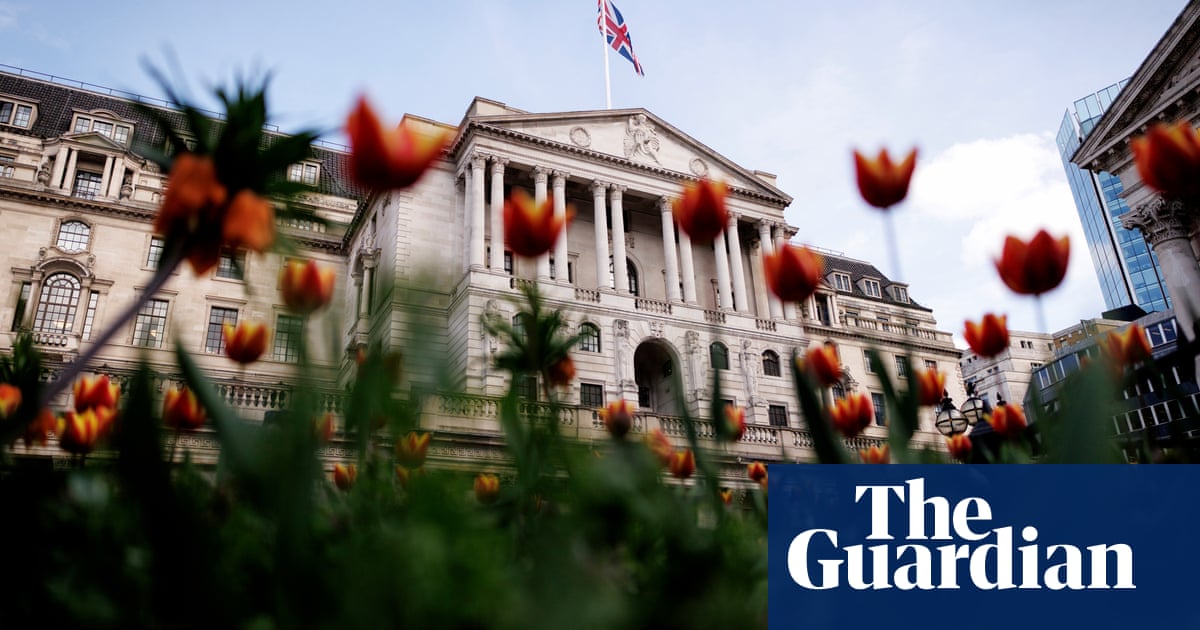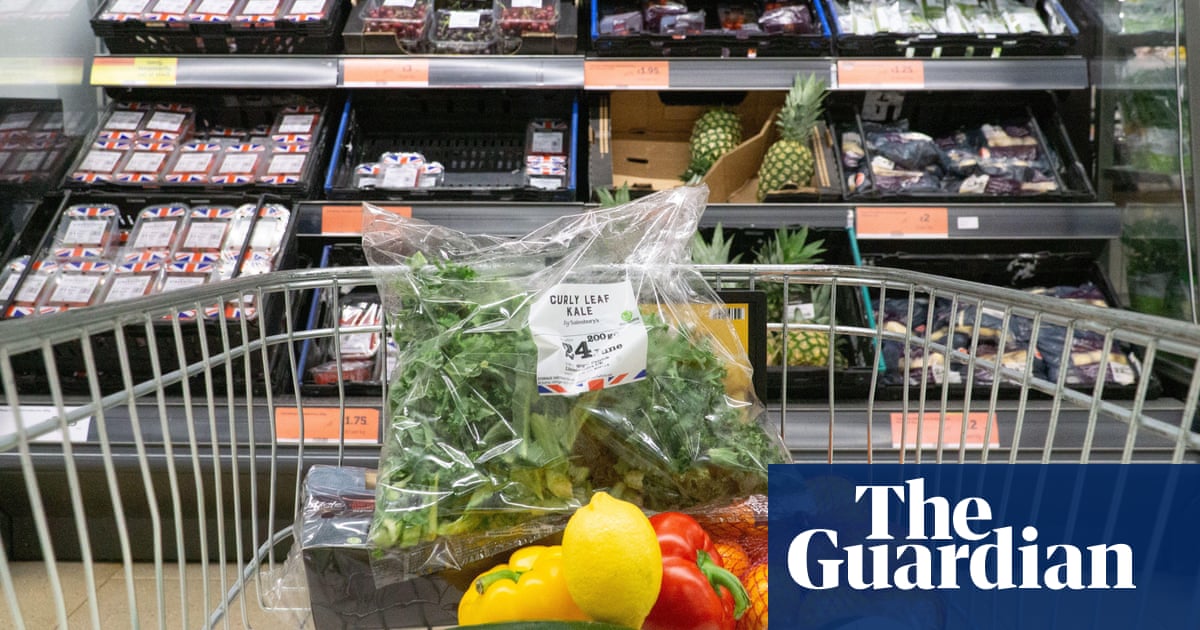UK Inflation Declines Amid Global Economic Pressures
UK inflation fell to 2.6% in March 2023, driven by lower petrol prices, but is expected to rise again in April due to increased energy costs.
Overview
The UK's inflation rate dropped to 2.6% in March, the second consecutive monthly decrease, primarily attributed to falling petrol prices. Despite this, inflation is projected to rise above 3% in April due to higher utility bills and labor costs. Economists suggest the Bank of England may lower interest rates from 4.5%, though signs of resilient wage growth and uncertainties from global trade tensions complicate the outlook. Increased prices in specific sectors, such as energy, indicate potential challenges for consumers and businesses moving forward.
Analysis
UK inflation declined to 2.6% in March, primarily due to lower petrol prices, but is expected to rise again in April due to higher energy bills and business costs.
Most economists anticipate that the Bank of England will need to cut interest rates from 4.5% soon, as the peak inflation may not be as high as previously feared owing to global factors impacting the economy.
While falling inflation offers some relief, there are concerns about rising costs and wage pressures that could complicate the Bank's decision-making on rate cuts.
Sources (4)
FAQ
The primary factors contributing to the decline in UK inflation recently were falling petrol prices and lower price increases in sectors such as food and non-alcoholic beverages, and restaurants and hotels[3][1].
Increased energy costs could raise the inflation rate due to higher utility bills, which would impact consumer spending and overall prices[5].
The Bank of England manages inflation through monetary policy tools like interest rates. While it may consider reducing interest rates, resilient wage growth and global uncertainties might influence its decision[3][1].
Global economic pressures, such as supply chain disruptions and trade tensions, can affect the UK's inflation by altering the prices of imported goods and influencing domestic production costs[5].
History
This story does not have any previous versions.


